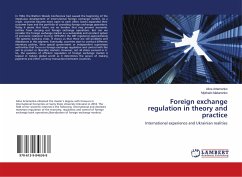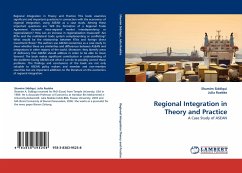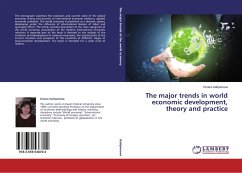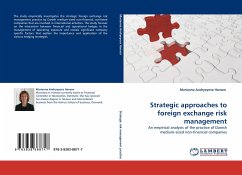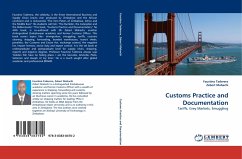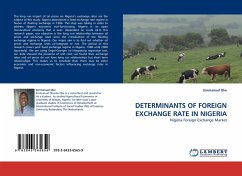In 1944, the Bretton Woods Conference had caused the beginning of the impetuous development of international foreign exchange market. As a result, countries became more open to each other, banks expanded their customer base and the portfolio of providing foreign exchange operations. Today it seems that there are no borders that may prevent economic entities from carrying out foreign exchange operations. But can we consider the foreign exchange market as a sustainable and constant system of economic relations? During 1970-2012 the IMF registered approximately 150 systemic banking crises. It shows us that there are still problems and disbalances in this segment. Eventually, countries start to conduct different monetary policies, form special government or independent supervisory authorities that focus on foreign exchange regulation and control with the aim to protect or liberalize markets. However, not all states succeed in it. So, the question of efficient regulation of foreign exchange market is topical in today's global world as it determines the secure of making payments and other currency transactions between countries.
Hinweis: Dieser Artikel kann nur an eine deutsche Lieferadresse ausgeliefert werden.
Hinweis: Dieser Artikel kann nur an eine deutsche Lieferadresse ausgeliefert werden.

